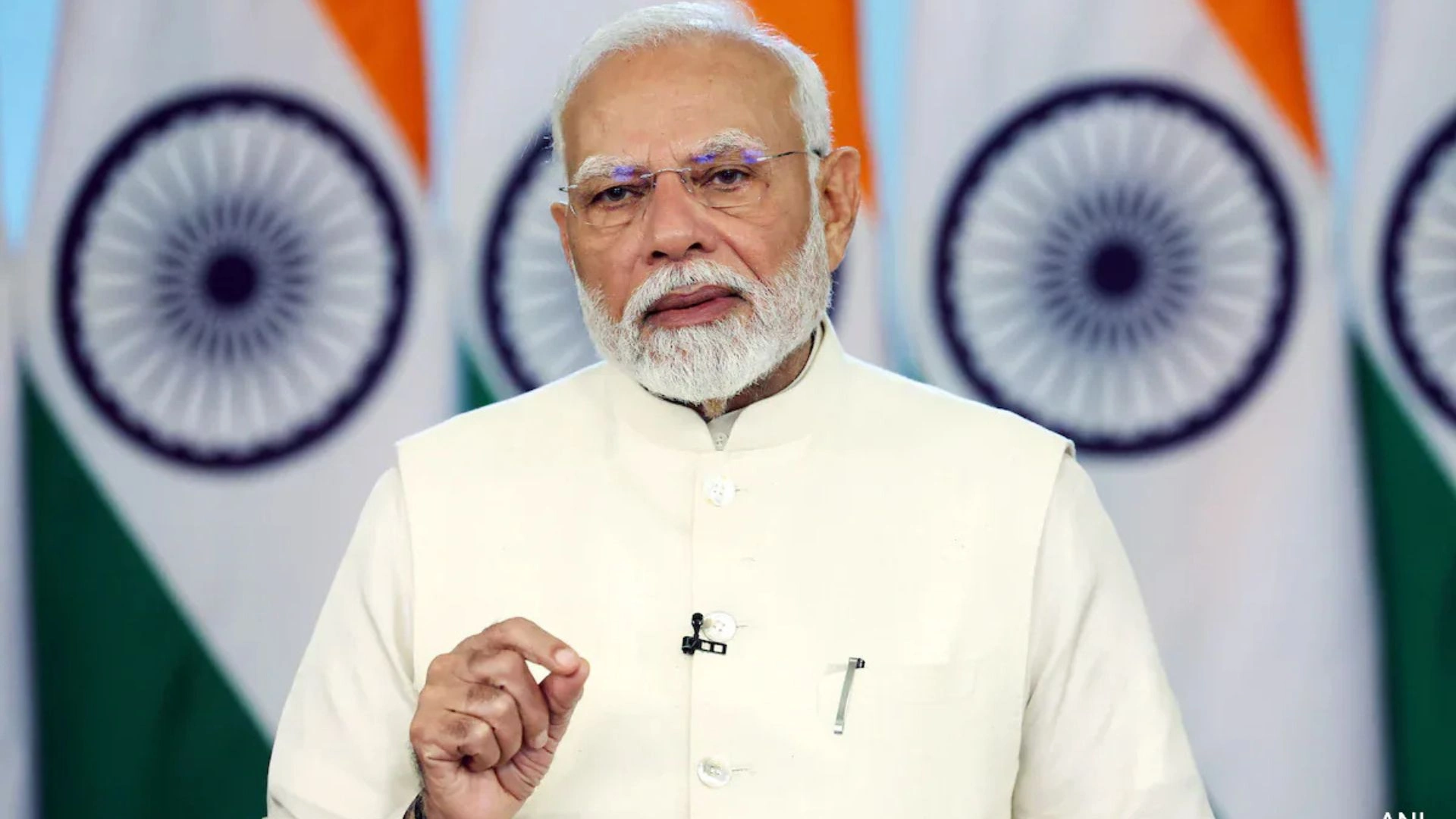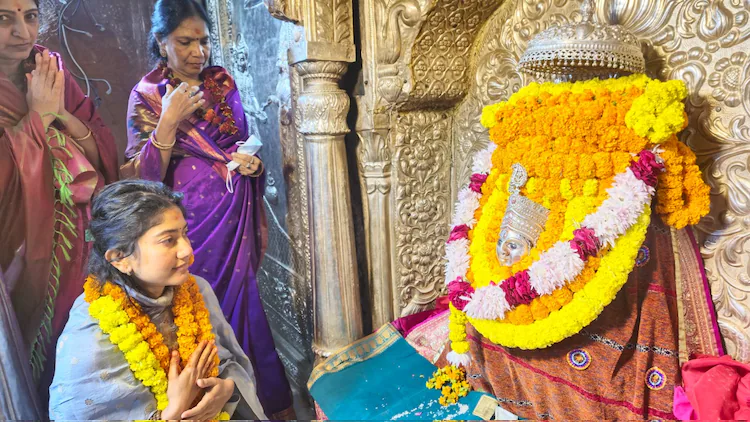As northern India and eastern Pakistan brace for the upcoming Diwali festival, a thick blanket of toxic smog has descended upon the region, posing severe health risks and exacerbating air quality issues. The situation has sparked concern among residents and experts alike, highlighting the ongoing challenges of pollution in these densely populated areas.
Alarming Air Quality Levels
In Delhi, the air quality index reached a concerning 250 on Monday morning, categorizing it as “very unhealthy.” This follows several days of similar readings above 200, as reported by IQAir, an organization that monitors global air quality. The Indian capital is not alone in its struggles; Lahore, just 25 kilometers from the Indian border, recorded an alarming air quality index surpassing 500 on the same day—an astonishing 65 times higher than the World Health Organization’s guidelines for healthy air. This figure made Lahore the most polluted city in the world at that moment.
Diwali Festivities Complicate the Situation
The timing of this pollution crisis is particularly troubling, as Diwali, the Hindu festival of lights, begins this Thursday. Celebrations typically involve family gatherings, feasting, and the setting off of firecrackers, often in defiance of local bans on their use. These activities are expected to further deteriorate air quality, contributing to the ominous yellow haze that characterizes the winter smog season.
The Causes Behind the Smog
As winter approaches, air quality is predicted to worsen due to several factors, including agricultural waste burning by farmers, emissions from coal-fired power plants, and traffic congestion. This yearly phenomenon raises alarms as doctors warn of respiratory diseases and reduced life expectancy due to prolonged exposure to polluted air.
Residents and experts are increasingly questioning why measures to curb air pollution in India have fallen short. The Delhi government previously banned the sale and use of firecrackers for Diwali, but enforcement remains a challenge, allowing the continuation of harmful practices.
Government Responses and Criticisms
India’s Supreme Court recently condemned the governments of Punjab and Haryana for their inability to effectively address illegal stubble burning, a significant contributor to the air pollution crisis. While local officials claim improvements have been made, the issue remains persistent.
To combat these challenges, the Indian government launched its Clean Air Programme in 2019, aiming to reduce particulate matter concentrations by 40% by 2026. This initiative encompasses strategies across 24 states and union territories, including stricter regulations on coal-based power plants and the implementation of air monitoring systems. However, despite some cities showing slight improvements in air quality, experts remain skeptical, pointing out that the average PM2.5 concentration in New Delhi has remained stagnant from 2018 to 2022.
A Call for Political Will
Experts emphasize the need for strong political will to address the root causes of air pollution. Jyoti Pande Lavakare, founder of the non-profit organization Care for Air, stated, “There is not one party that has put its head down and said, ‘we are sickening the entire country and let’s fix it.’”
As northern India and Pakistan prepare for Diwali amidst this pollution crisis, the conversation around air quality continues to evolve, underscoring the urgent need for comprehensive solutions to protect public health and the environment.
ALSO READ: Iran’s Supreme Leader Ali Khamenei’s Hebrew Account Suspended By X Following Threatening Post


















